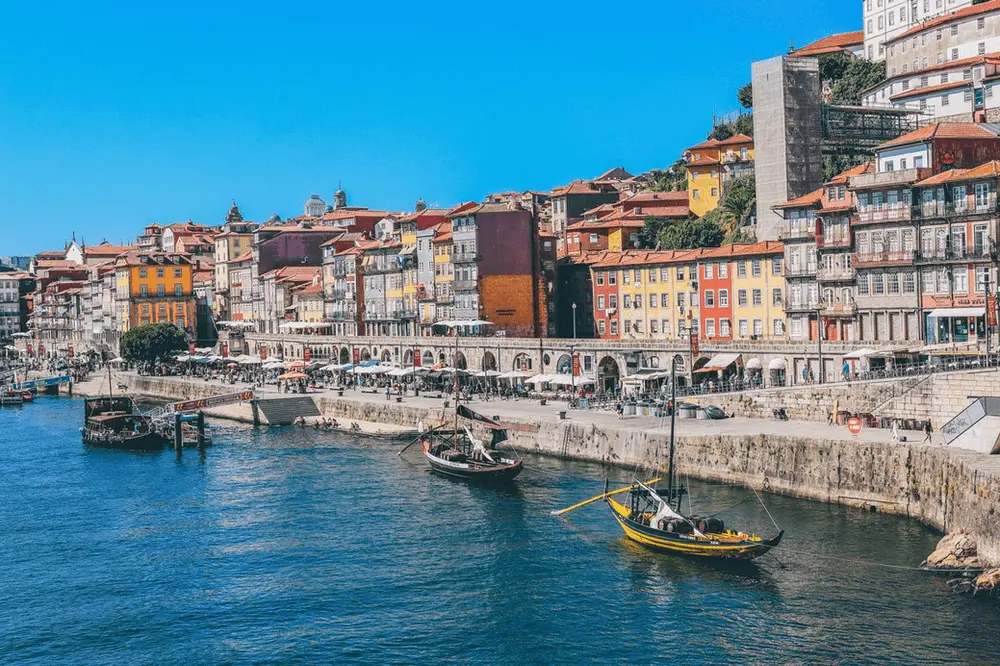
The world is changing fast with security being more paramount than ever in establishing a successful base to do business and call home. From low crime to thriving business environments, these are the safest countries in the world today.
In the era of fast information, faster consumption and new threats on a daily basis, security has never been more paramount in the establishment of a place to call home. The modern definition of ‘home’, however, has also changed. People from all around the world are increasingly seeking out territories in which they can live in relative safety while also being able to leverage a country’s policies, tax system and resources to build their own empire, whether it be for a small business or a corporation.
This means that it’s imperative to not only identify today’s safest countries in the world but to underscore the critical categories that contribute to the highest living standards and business prospects of those regions.
These categories will cover:
Livability
Crime and violence
Economic reliance
Food and natural resources
Portugal is considered the world’s third most peaceful country to live in, but it’s not just the rabid football culture that’s a highlight. Over recent years Portugal has seen its ranking moving closer to the top thanks to an increased police presence keeping the crime rate low. Beyond that the country showcases a rich culture dating back centuries, picturesque countryside, prime surf beaches and a robust wine industry.
Liveability
According to International Living, Portugal offers arguably the lowest cost of living in Western Europe. Everything is affordable, from groceries to temporary accommodation to rent. Even eating out can be an affordable option if you choose to forego the more premium options. Over the years, the economy has seen a resurgence thanks to a very low unemployment rate boosted by its safety record. In 2020, it was ranked the best country for retirement, according to the ‘Annual Global Retirement Index’.
Crime and violence
Portugal’s police are armed but their wide presence has resulted in low to moderate crime rates across the country, according to statistics from Numbeo. All violent crimes remain low with bribery and corruption rating the highest while Lisbon ranks as the country’s safest city followed by Porto and Amadora.
Economic reliance
As of 2019 before the pandemic hit, Portugal’s economy was ranked 34th in the World Economic Forum’s ‘Global Competitiveness Report’. The country features a diverse range of industries propping it up including its largest – the tertiary sector – followed by the natural resources sector, agriculture, fisheries, industrial, energy and services.
Food and natural resources
Fine food like wine and olives are affordable in Portugal thanks to its local production. Its natural resources include an abundance of forests, which supply half of the world’s cork. Other mined natural resources include lithium, tungsten, tin and uranium alongside the aforementioned fishing industry.
[source: The CEO Magazine]
